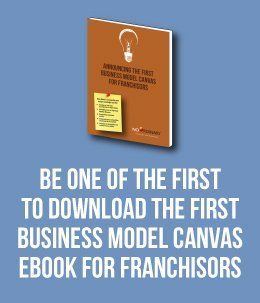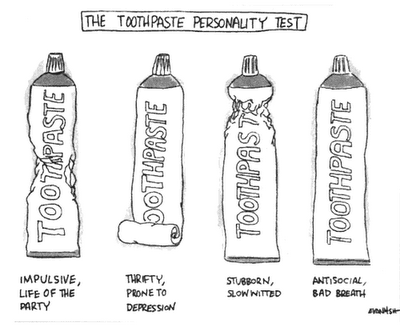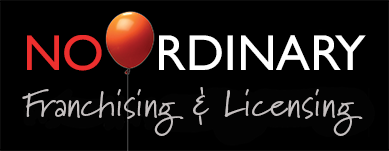We all know that success in franchising is largely about selecting the ‘right’ franchisees. Arguably, franchisee selection is the most important decision a franchisor can make. So how do franchisors go about the selection process and what selection tools are on offer?
Inadequate franchisee selection procedures are the biggest single cause of franchisee failure, according to a study by Professor Lorelle Frazer from Griffith University in Queensland.
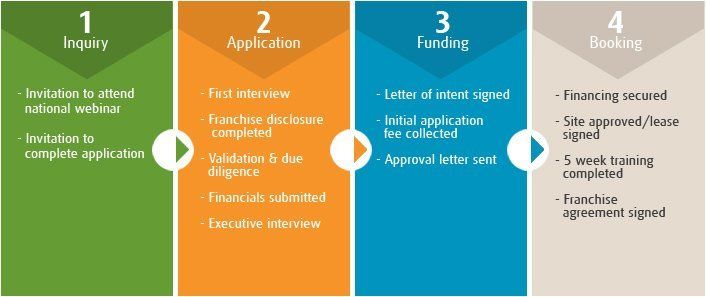
So why, in our experience, do so many franchise systems have inadequate selection processes?
Of course, for the handful of unscrupulous franchisors who make money through franchisee churn, the attitude is “Who cares?” “Do you have the money to pay the franchise fee?” is the only selection question they need to ask.
But if you’re in it for the long haul, you’d better believe that the quality and value of your franchise’s business model, branding, systems and support count for nothing if you don’t have the right people on the ground.

What do the right people look like?
That depends on the franchise business, according to Christiane Gaul of the University of Applied Sciences in Kufstein, Austria, in her study Partner Selection Process in Franchising. Of course, the kind of candidates a franchisor looks for will be different for a lawn-mowing franchise than a professional services franchise.
But selection criteria and processes are also influenced by the franchise company’s age, size, culture, growth ambitions and life cycle stage. For example, an aggressive startup franchise is much more likely to take risks in franchisee selection than a mature, established franchise, a decision that often ends in a lot of unnecessary franchisee churn or, at worst, disaster.
Let's look at who the 'right' people are for some well-established franchises...
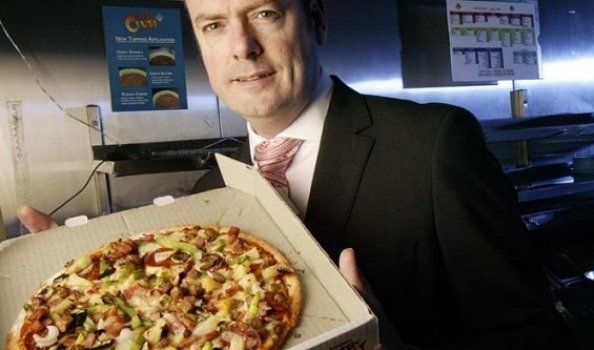
The right people for Domino’s
Sometimes a franchise’s recruitment strategy can contain elements you’d expect in a start-up franchise as well as a mature one.
Domino’s may be one of the largest franchises in the world, but it got that way through an aggressive approach to both marketing and franchising. What essential ingredients does Domino’s look for in a franchisee? It's not just about having enough dough...
- Entrepreneurial mentality
- A passion, commitment and drive to success
- Strong leadership skills
- A real team player
- Good administration skills
- An ability to have fun and work in a young, energetic and vibrant organisation
- Good cash position and access to finance
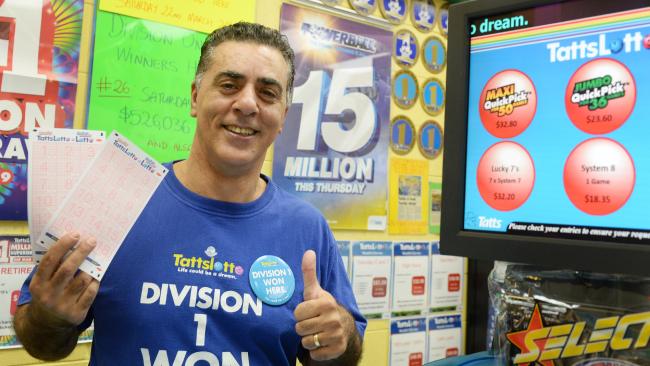
The right people for TattsLotto
Domino’s approach is different to that of Tatts, the lottery and sports betting shops in Australia, which is highly government regulated. They look for:
- Creditworthiness
- Business skills
- Management skills
- Communication skills
- No criminal history
- Understanding and ability to work in a high demanding customer service environment
- Professional presentation
- Ability to follow the system and government regulations
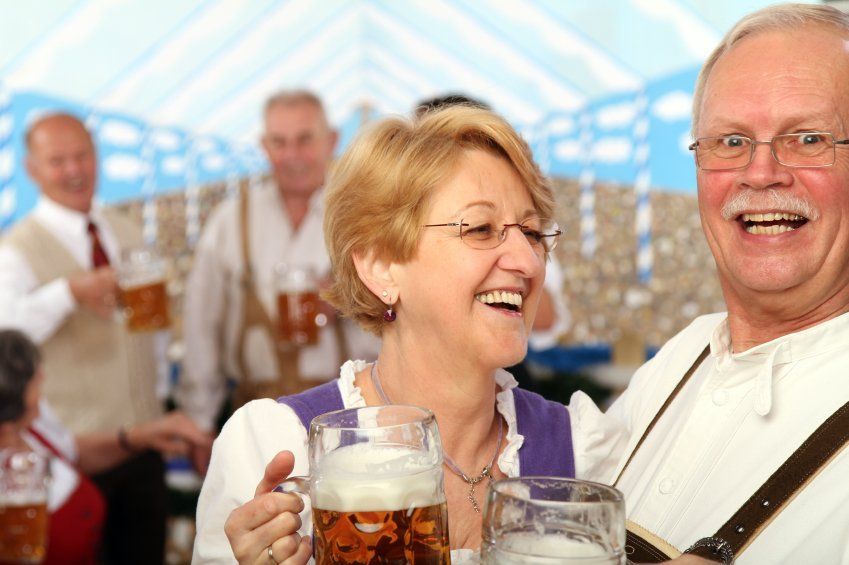
The right people may look different in different countries
Christiane Gaul’s study cited research from the United States, Germany and Spain that found that franchisors in each of these countries used different selection criteria. In the United States, “attitude toward business” was considered a valuable indicator. There was greater emphasis in Germany on “soft skills” such as people ability. And in Spain, loyalty to the franchisor and willingness to work hard were highly regarded.
Does personality influence franchisee performance?
Here’s how McDonald’s franchisees in Australia are different from the average person on the street – they’re more notably conscientious, more extroverted and less neurotic. That was the finding of the Personality Traits of Franchisees study by Werner Soontiens and Adrian Lacroix.
“These traits arguably contribute to a stronger franchisee performance and the overall success of the franchise system,” the authors concluded.
But Fred Berni of Canada’s The Performance Predictors disagrees
“I learned that, although somewhat better than making a decision by rolling dice, ‘out-of-the-box’ personality profiles weren't that much better,” he says. “You don’t use personality tests when selecting franchisees.”
Why? Because job-specific situational judgement and job-specific behaviours are more accurate predictors of franchisee performance, says Berni. He cites findings by an independent consulting group that the accuracy of his assessment tools is 93% when predicting which candidate will perform in the top 25% of franchisees.

Berni’s competitor Accord Management Systems make similar claims for their assessment tool. They rate franchisee candidates on four dimensions.
The ‘ideal’ franchisee is highly results-orientated, driven and independent, but not as much as the “ideal” CEO of an entrepreneurial business.
Like Berni, Accord also claims that the closer a franchisor can get to defining the ideal franchise profile and selecting candidates who fit that profile, the more money the franchisor will make in royalties.
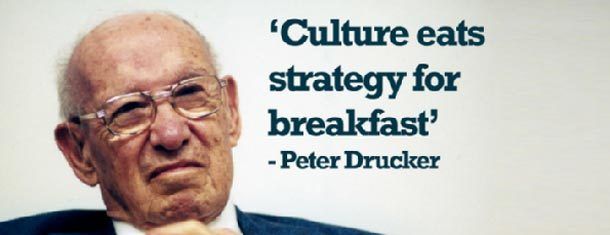
What’s more important – franchisee performance or ‘fitting in’?
“When a franchisee is selected, it should be because they have the potential to perform – not because they ‘fit in’,” says Fred Berni. “‘Fitting in’ has nothing to do with actually performing at high levels.”
These statements seem to fly in the face of accepted wisdom and indeed the selection criteria used by many major franchise systems, including Domino’s and McDonald’s. In fact, some years ago I took part in a Franchising Best Practice Study Tour from which one of our two key learnings was that a strong organisational culture was a critical success factor in the best-practice franchises we visited. Caterpillar talked about their franchisees bleeding ‘yellow blood’. McDonald’s talked about ‘McFamily’.
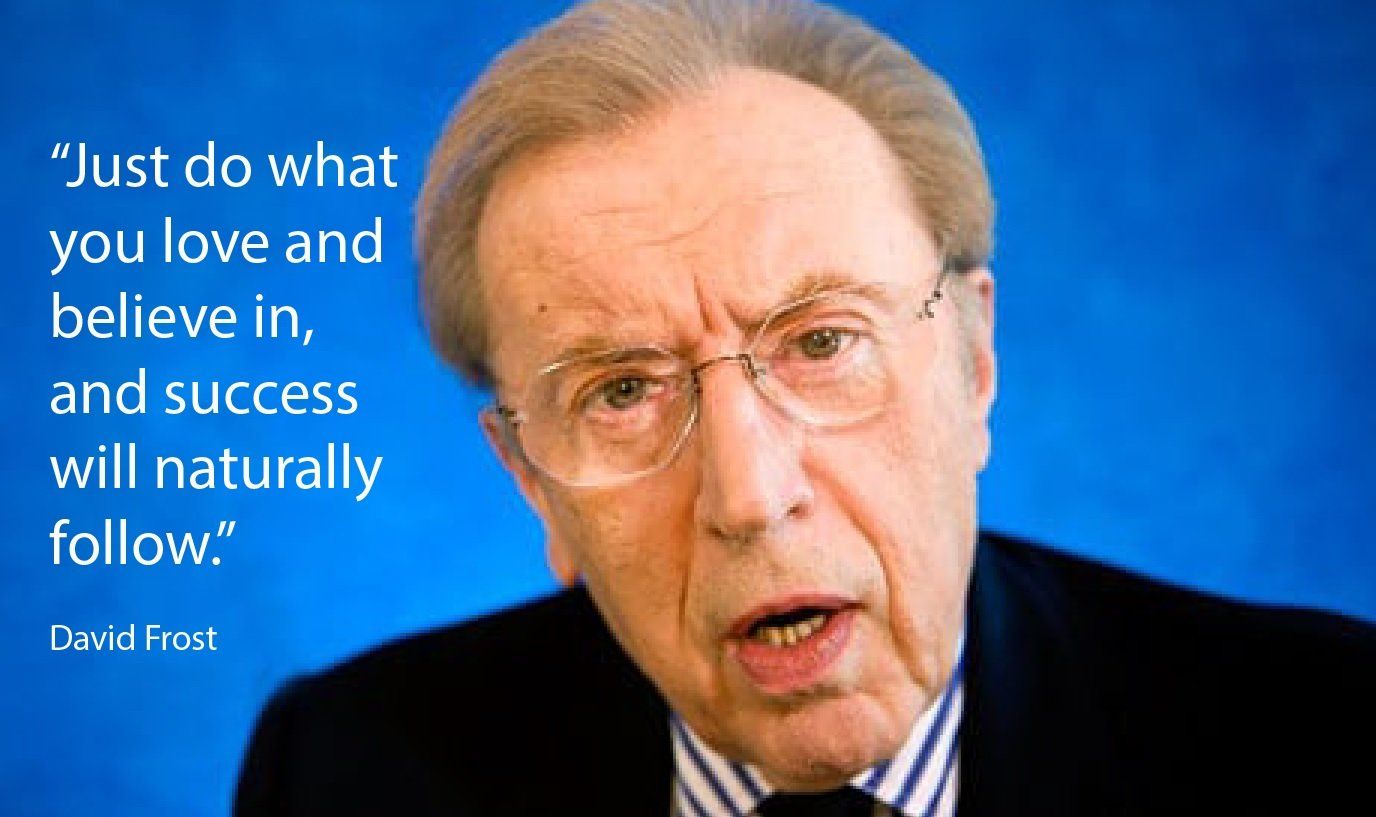
Even top performers have to be believers
Top performers in sport, business or any endeavour don’t just get that way simply because they exhibit the traits of top performers. They need something more, something outside themselves, something bigger than themselves.
Where would top-performing sportspeople be without their coach, team or support people? Just as importantly, where would they be if they didn’t love or at least have complete commitment to their sport?
The same applies to franchisees. No matter how much they believe in themselves, in their ability to perform, they’re never going to be perform at their peak unless they believe in the franchise and what it stands for, and take full advantage of everything it offers to turn potential performance into actual performance.
In a franchise, more than other types of business, fitting in actually does have something to with performing at high levels.

Where franchise conflict comes from
In my experience, conflict in franchising is most likely to come from two types of franchisee: The poor performer, and the high performer. The poor performer tends to lay the blame for his or her failure at the feet of the franchisor and the supposed failings of the franchise system. The high performer does the opposite – gives no credit for his or her success to the franchisor and says, “I did it myself – why do I need the franchisor?”
The problem is a real one – one in five franchises is involved in some kind of dispute with franchisees, according to recent surveys in Australia and New Zealand.
What tools are available for franchisee selection?
There are a range of franchisee profiling and selection tools available, all of which stress the importance of using franchise-specific tools rather than tools designed for other purposes such as employee selection, which makes sense. And all use benchmarking of existing franchisees’ performance to help them identify the ideal franchisee profile, which also makes sense.
However, while some of these tools explore the bridge between the franchise candidate’s personality and job behaviours in order to predict likely performance, at least one asserts that personality and job behaviours are two different and unconnected things. The problem with just about all of these tools is that their approach is, from my experience, too narrow and limited to provide the complete solution to a complex need. Many don't consider any of the factors I’ve found important in my years in franchising - factors such as family and social support, brand alignment and community involvement.
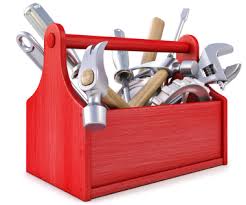
Download your free e-book

3 Ways to Expand Your Business Using OPTM
Relevant Articles
Subscribe to my newsletter
"Robin writes an e-letter which anyone interested in franchising should subscribe to - whether they agree with him or not!"
Dr Ken Billot, Franchise PhD
Dr Ken Billot, Franchise PhD
Contact Us
Download your free e-book
